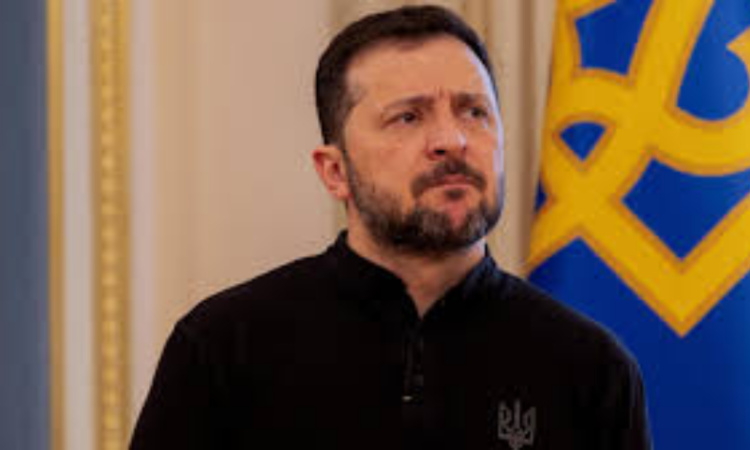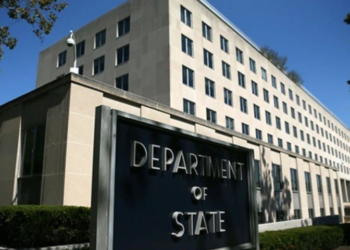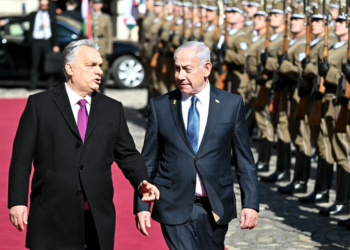Kyiv, March 26, 2025: Ukrainian President Volodymyr Zelensky announced that a newly brokered truce with Russia—covering the Black Sea and energy strikes—had come into effect on Tuesday. However, he claimed that Moscow was already distorting and manipulating the agreements.
The accords, facilitated by the United States, aim to ensure safe navigation in the Black Sea and prohibit attacks on energy infrastructure in both countries. While the US considers these agreements active from the moment of their announcement, Zelensky expressed doubts about Russia’s commitment.
“I do not trust Russia to honor these arrangements,” he told reporters at a news conference in Kyiv.
Later in his nightly video address, Zelensky accused Moscow of deceit.
“Unfortunately, even today, on the very day of negotiations, we see how the Russians have already begun to manipulate,” he said. “They are already trying to distort agreements and deceive both our intermediaries and the entire world.”
He dismissed Kremlin claims that Black Sea shipping accords were tied to lifting sanctions on Moscow, insisting that Ukraine would uphold its commitments while ensuring Russia faced a strong response if it resumed strikes.
Despite the agreements, Zelensky acknowledged that no concrete steps had been outlined to address potential Russian violations. If Moscow breaches the deal, he said, he would turn to US President Donald Trump for weapons and sanctions against Russia.
“We have no faith in the Russians, but we will be constructive,” Zelensky said.
US officials reportedly view the energy ceasefire as encompassing broader civilian infrastructure, including ports. Ukraine also provided Washington with a list of key facilities it believes should be protected under the energy truce.
Meanwhile, the Kremlin released its own list of Russian and Ukrainian energy facilities covered under the moratorium, including oil refineries, pipelines, and nuclear power plants.
The agreements were reached after two days of US-brokered talks in Saudi Arabia, with parallel discussions between US-Ukrainian and US-Russian officials. As part of the negotiations, Washington pledged to help restore Moscow’s access to global agricultural and fertilizer markets—a move Ukraine refused to endorse in its statement.
“We believe this weakens sanctions,” Zelensky argued.
Ukrainian Defence Minister Rustem Umerov warned that Kyiv would view any movement of Russian naval vessels beyond the eastern Black Sea as a violation of the truce. He emphasized Ukraine’s right to self-defense, implying potential retaliatory action.
While Kyiv has used naval drones and missiles to push Russia’s fleet back, Umerov welcomed third-party involvement in enforcing the accords. Zelensky suggested that Turkey could monitor activity in the Black Sea, while Middle Eastern countries might oversee energy-related commitments, though no formal discussions had taken place.
Separately, Zelensky revealed that the United States had presented Ukraine with an expanded version of a bilateral minerals agreement, modifying an earlier framework that had stalled after a tense Oval Office meeting last month. While he had not yet reviewed the new proposal in detail, he confirmed that it did not include increased US involvement in Ukraine’s nuclear power sector—an idea recently floated by Washington.








